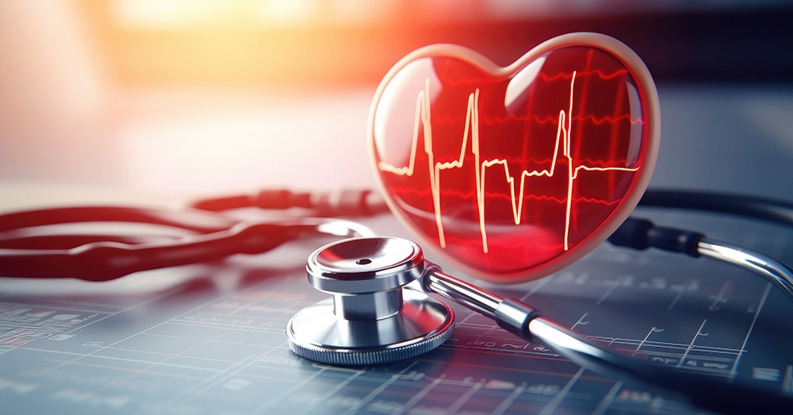Protein: Why It Matters for Your Health
- Category: Southwest General Medical Group, Women's Health, Gastroenterology, General Health, Family Medicine, Endocrinology, Diabetes & Metabolism, Geriatric Medicine, Cancer Care, Heart & Vascular Care, Men's Health, Diet, kidney health
- Posted On:

There’s a lot of discussion right now about getting enough protein and for good reason. Protein isn’t just for athletes or bodybuilders. It’s a nutrient your body relies on every single day to stay strong, energized and healthy.
What It Is and Why You Need It
Protein is more than just a buzzword in the nutrition world; it’s a daily essential your body can’t live without. Made up of tiny building blocks called amino acids (think of them like Lego pieces), protein forms the foundation for keeping your body running.
But, protein isn’t only about structure—it’s also about function. Every bite of protein you eat helps your body:
- Repair and recover after daily wear and tear, exercise or injury
- Stay energized and strong, supporting healthy muscles as you age
- Nourish your skin, hair and nails, keeping them healthy and resilient
- Defend against illness by powering antibodies that support your immune system
In short, protein fuels your body inside and out—making it one of the most essential nutrients to pay attention to.
How Much Do You Need?
For most adults, the guideline is about 0.8 grams of protein per kilogram of body weight each day—around 54 grams for someone who weighs 150 pounds.
Your needs may be higher if you’re very active, pregnant or breastfeeding, recovering from surgery or trying to preserve muscle as you age.
To put this into perspective:
- A palm-sized piece of chicken breast has about 37 grams
- A cup of Greek yogurt has about 23 grams
- A cup of beans or lentils has about 15 - 18 grams
Protein Power Picks
Looking to add more protein to your meals? Try mixing and matching these options:
Animal-based favorites
- Chicken or turkey breast
- Fish and seafood (salmon, tuna, shrimp)
- Eggs
- Low-fat milk, yogurt or cheese, in moderation
Plant-based stars
- Beans (black beans, kidney beans, chickpeas)
- Lentils
- Tofu, tempeh or edamame
- Quinoa
- Nuts and seeds (almonds, peanuts, chia, sunflower seeds)
Pairing plant and animal proteins—or combining different plant sources—helps cover all your bases and keeps meals interesting.
What If You Don’t Get Enough?
If protein intake falls short, you may notice:
- Fatigue or weakness
- Slow healing from injuries
- More frequent illness
- Problems with skin, nails and hair
- Swelling
- Mood changes
- Increased hunger
What If You Get Too Much?
While protein is essential, more isn’t always better. Research suggests that eating well above your needs for long periods—especially from red or processed meats—may put extra strain on your kidneys, affect bone health and crowd out other important nutrients.
For most healthy people, a little extra protein here and there isn’t harmful. The key is balance: choose a mix of protein sources, stay hydrated, and aim for variety rather than overload.
The Bottom Line
Protein has earned the attention it’s getting—it’s essential for everything from strength and healing to healthy skin and a strong immune system. The good news is, it’s easy to meet your needs by including a variety of protein-rich foods with each meal. Balance is key, and your body will thank you for it.



